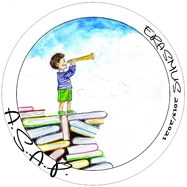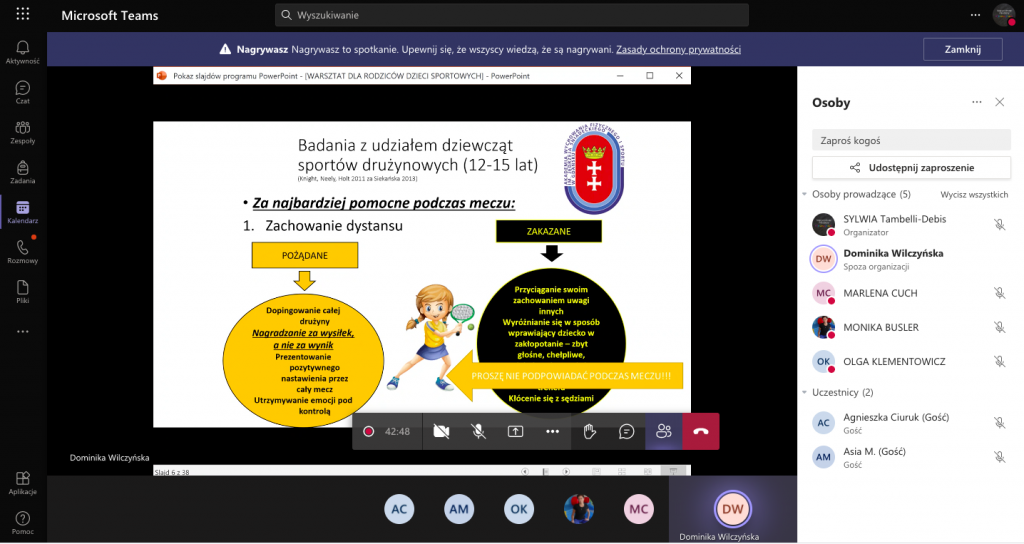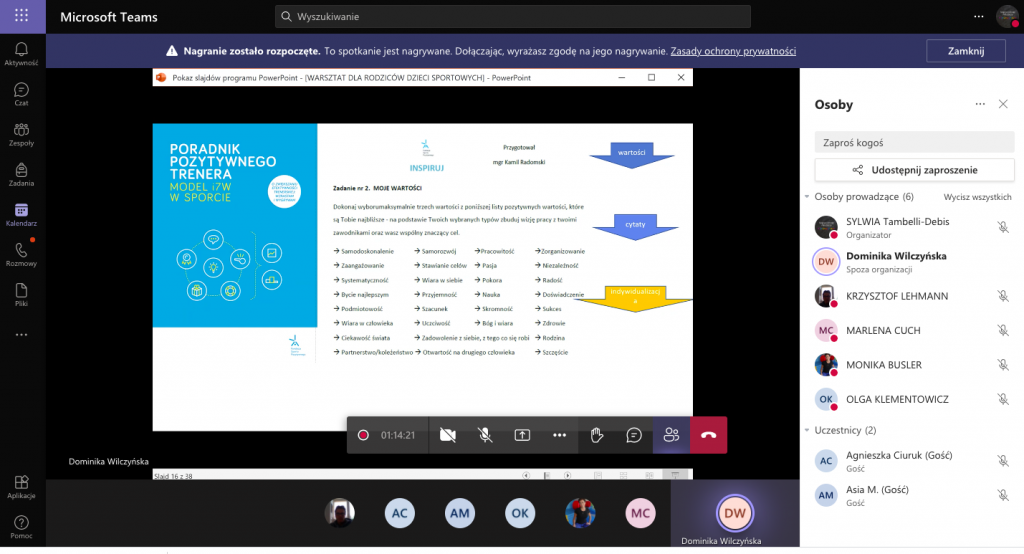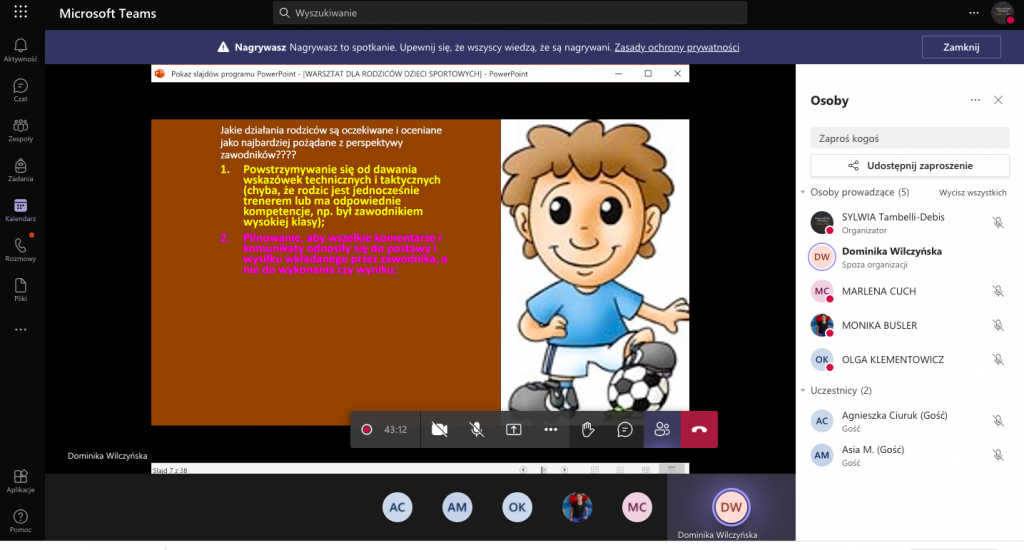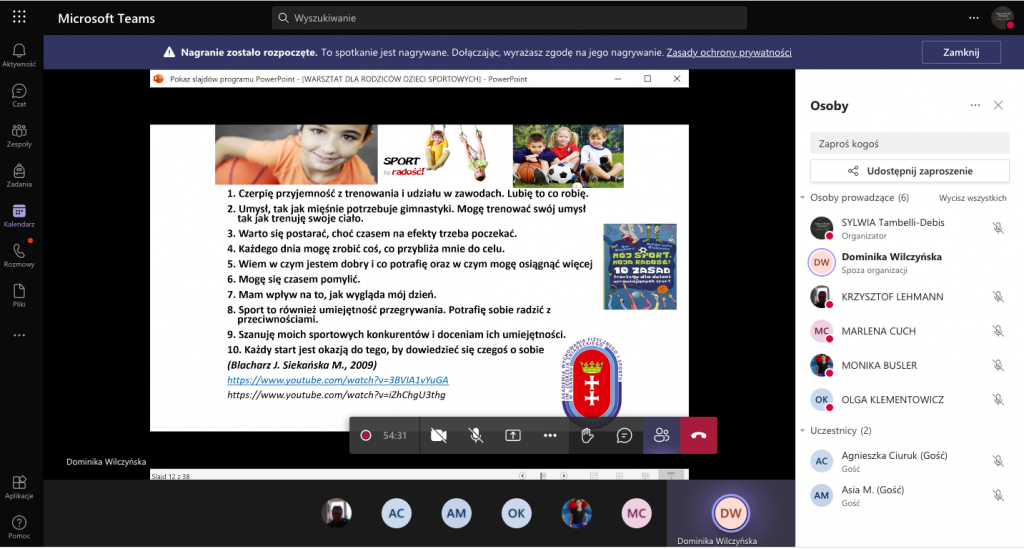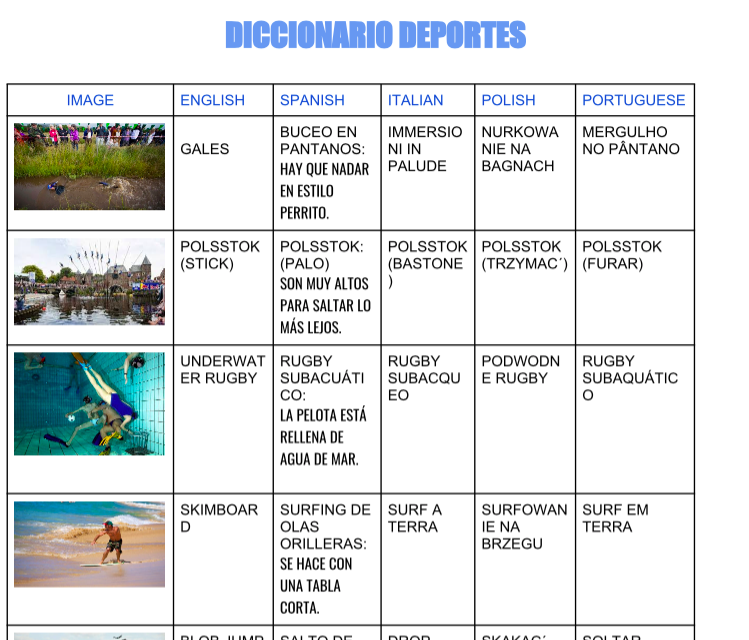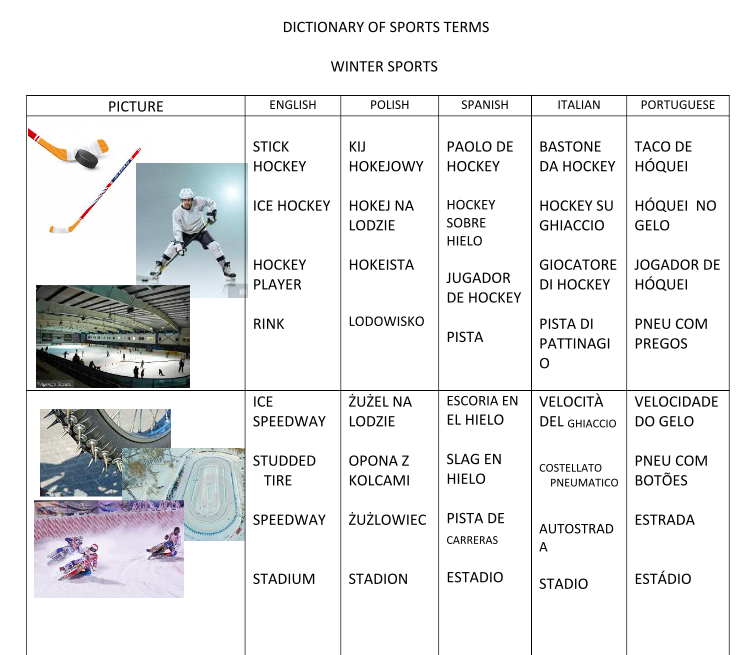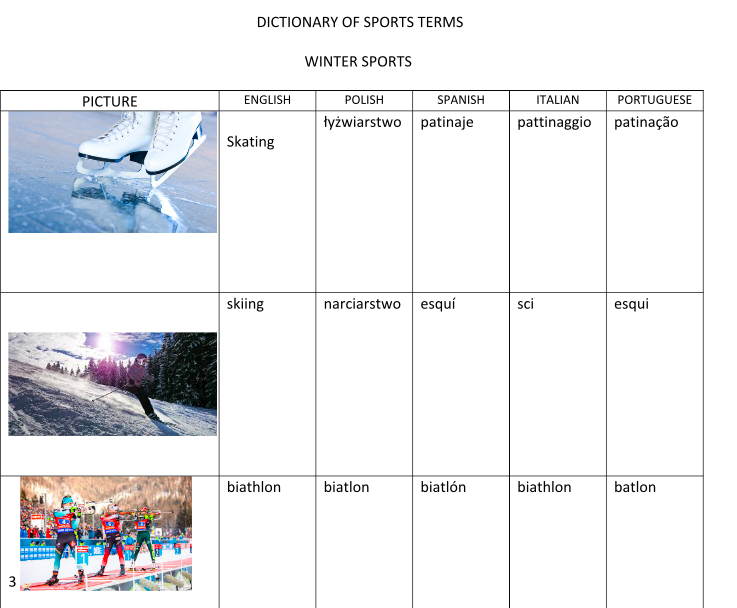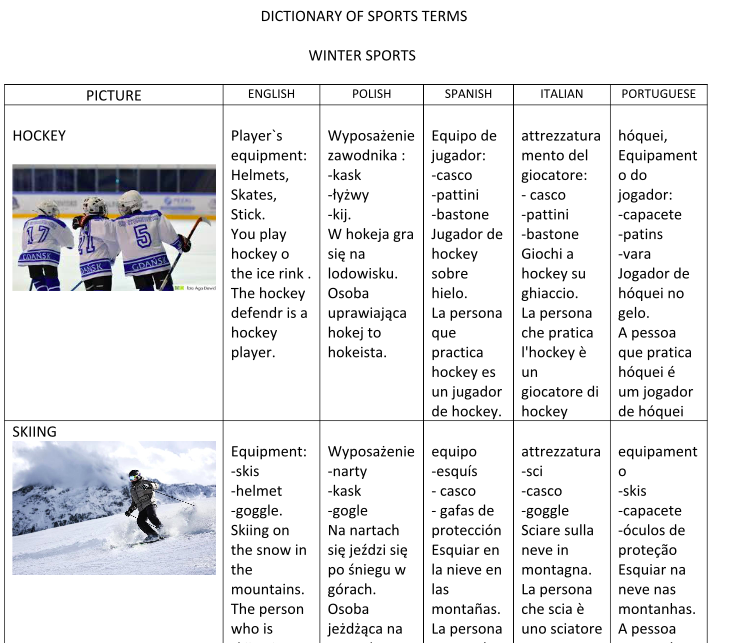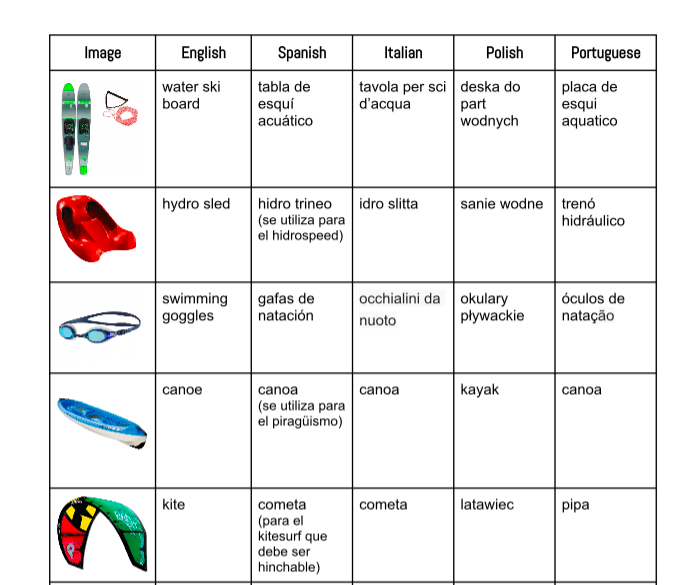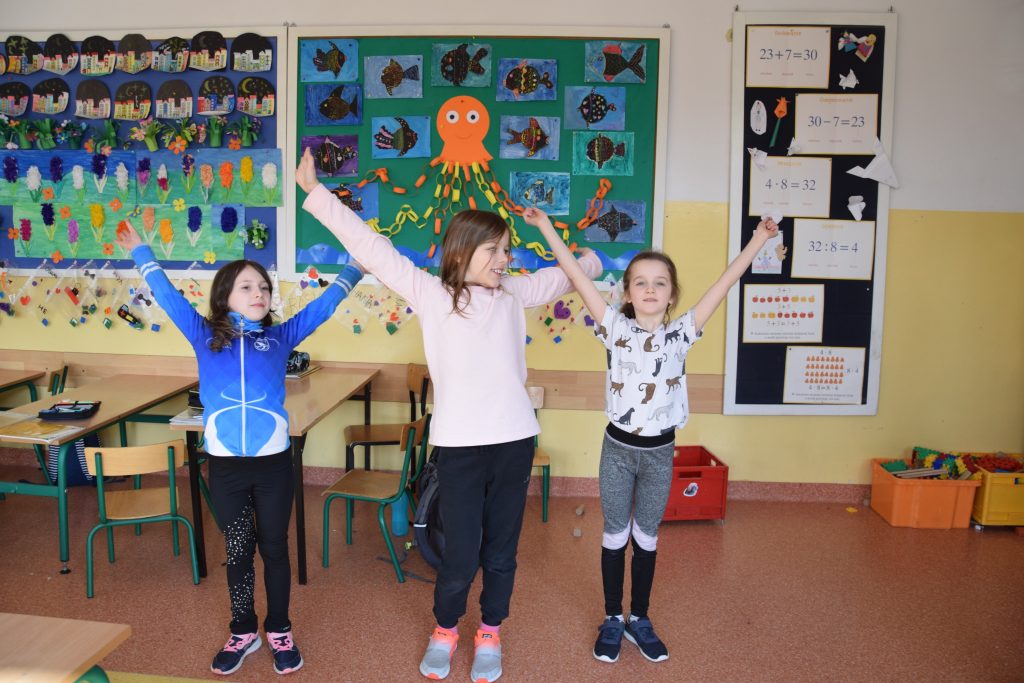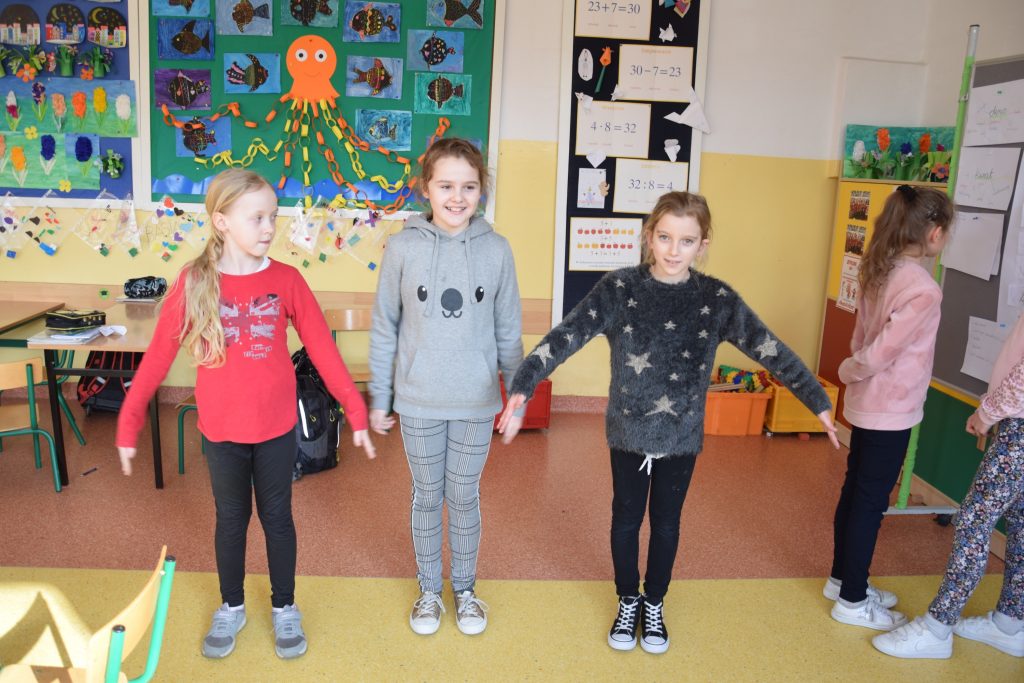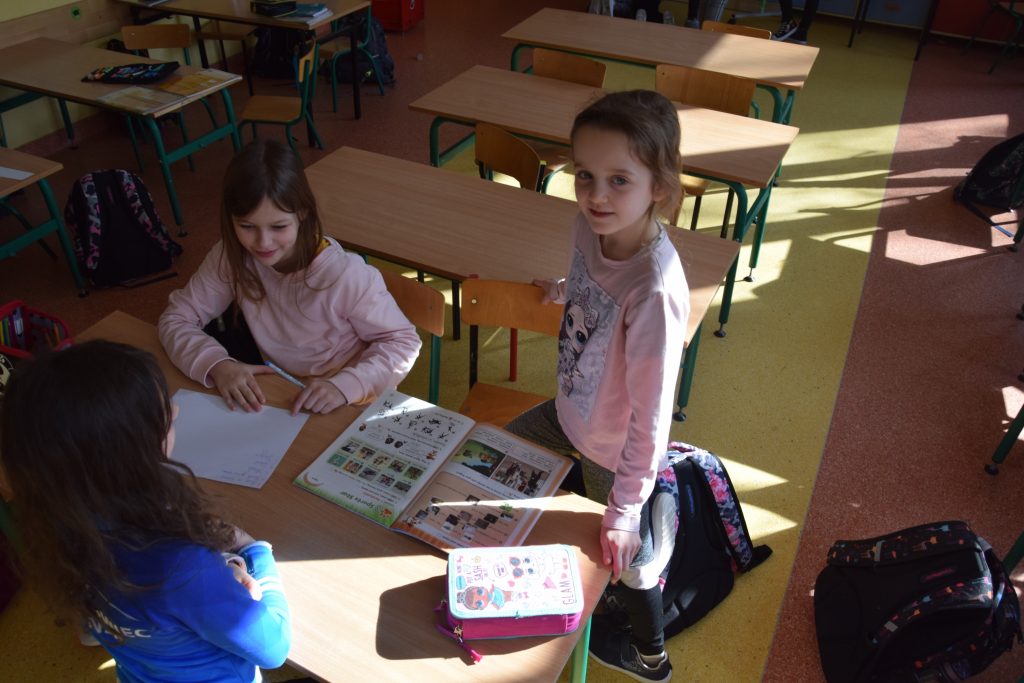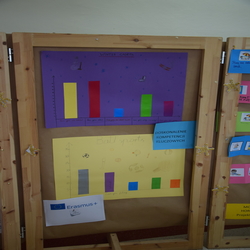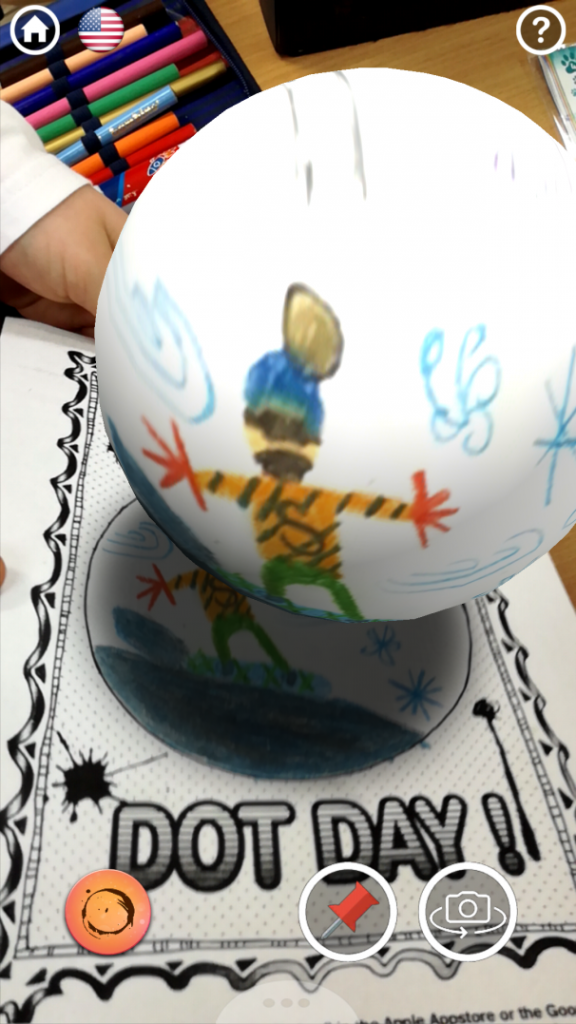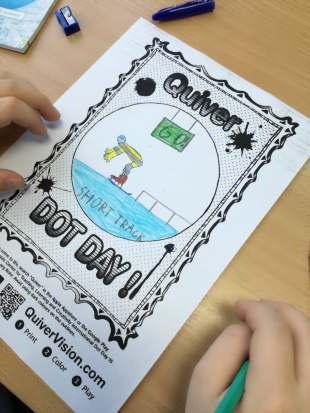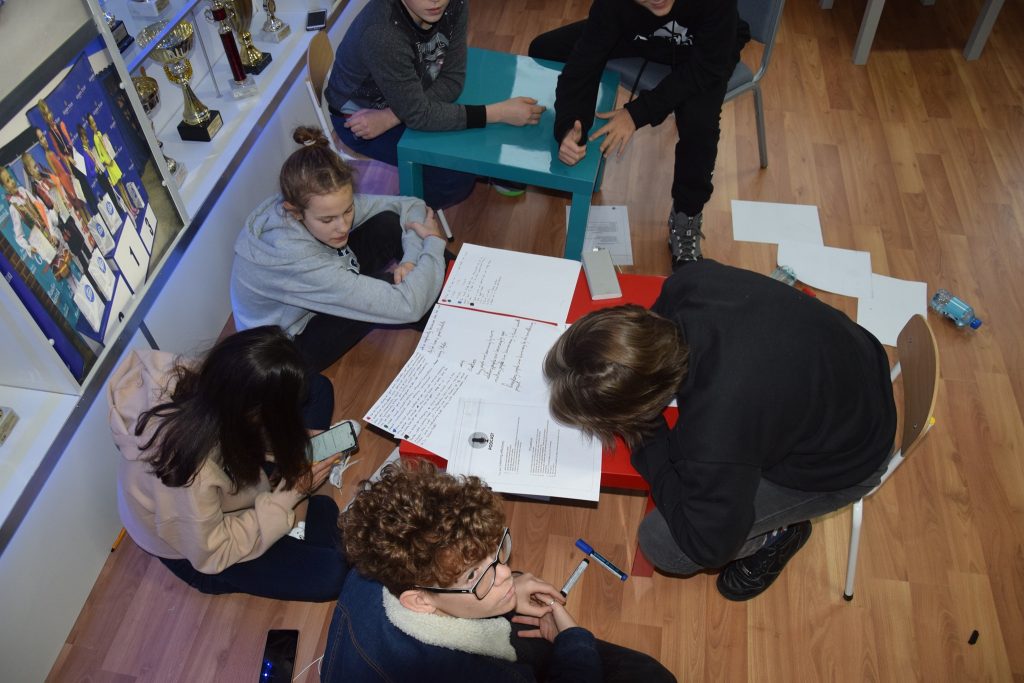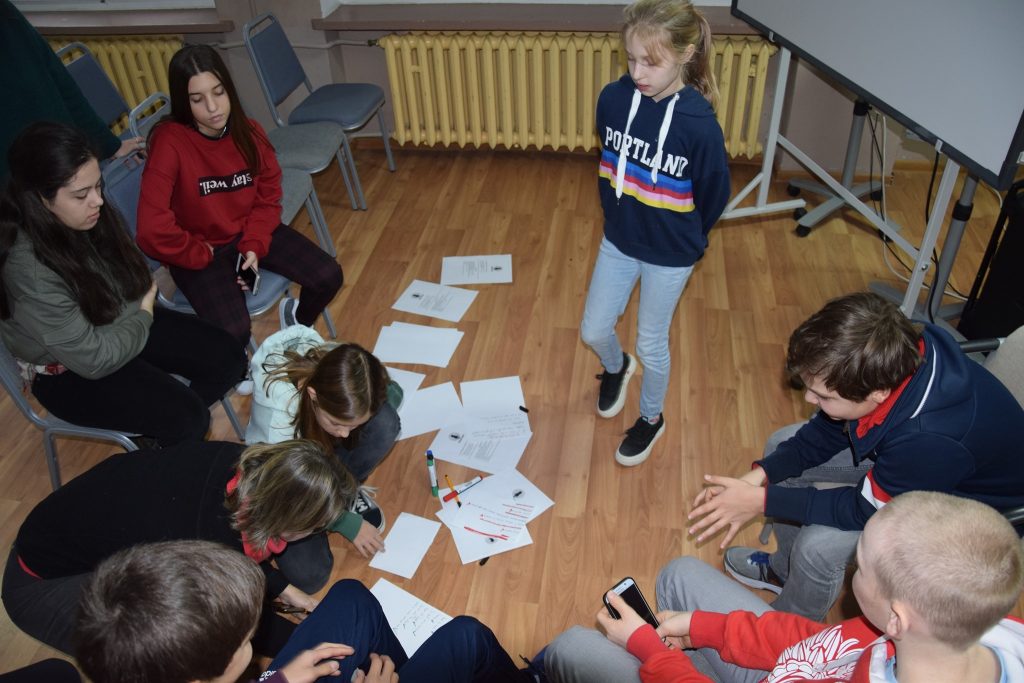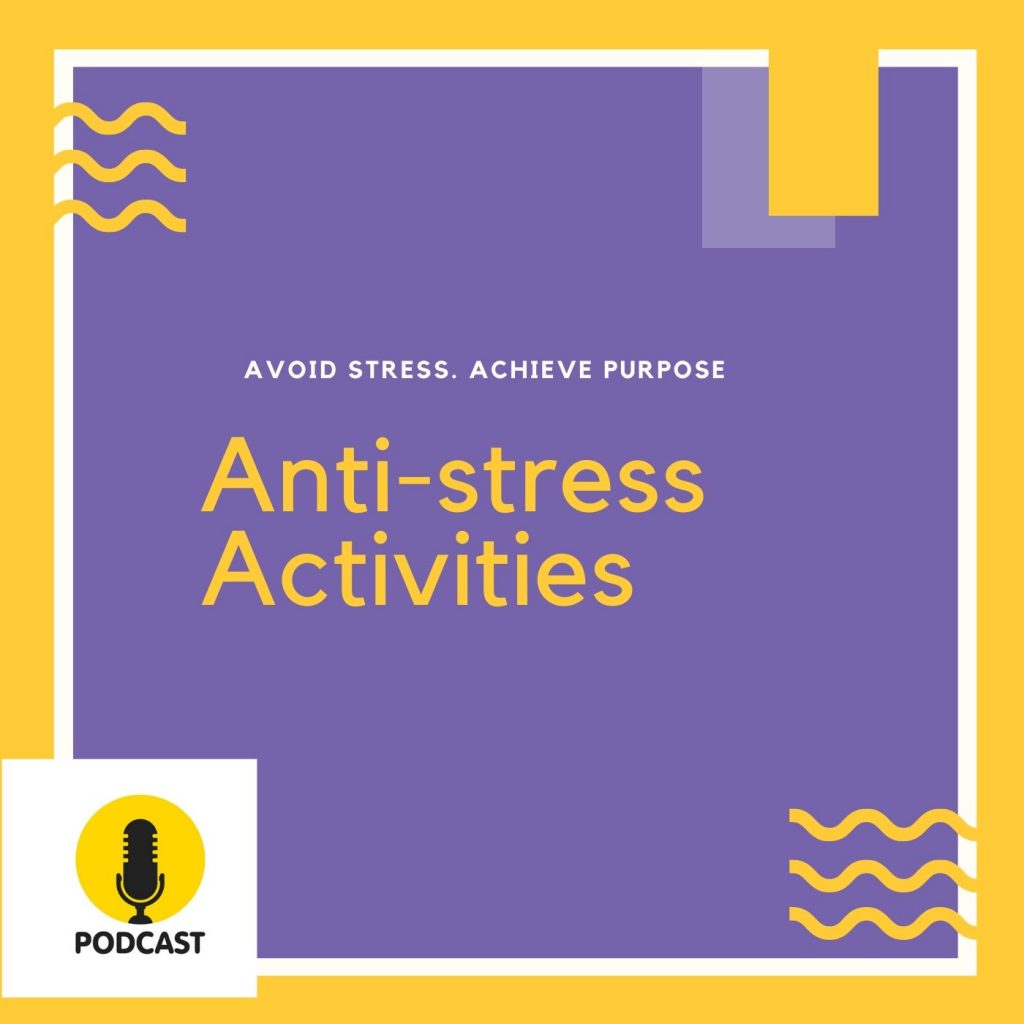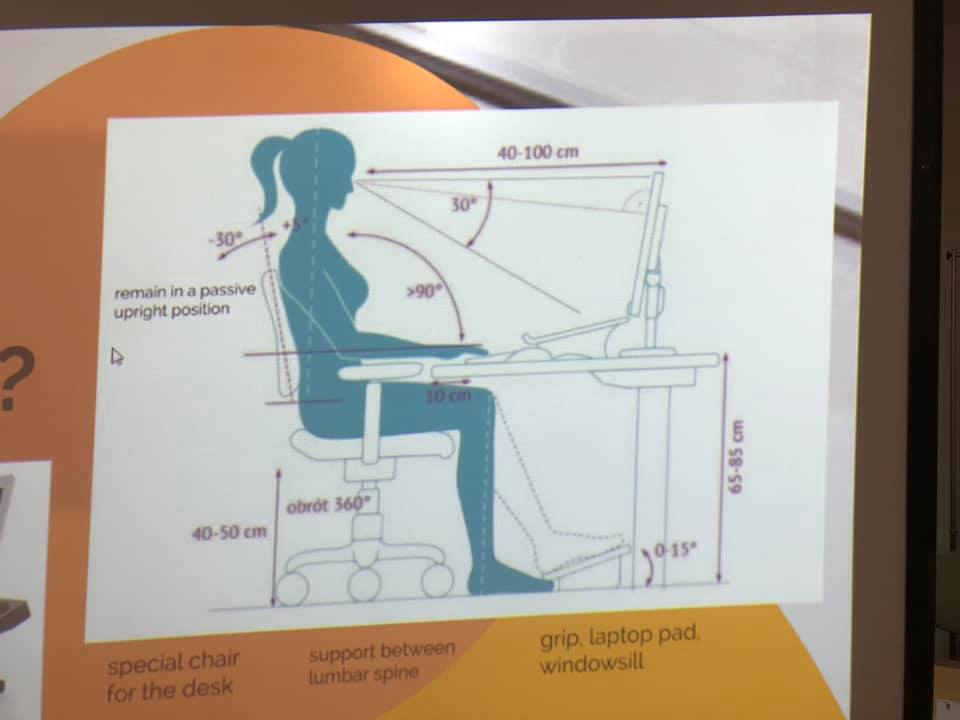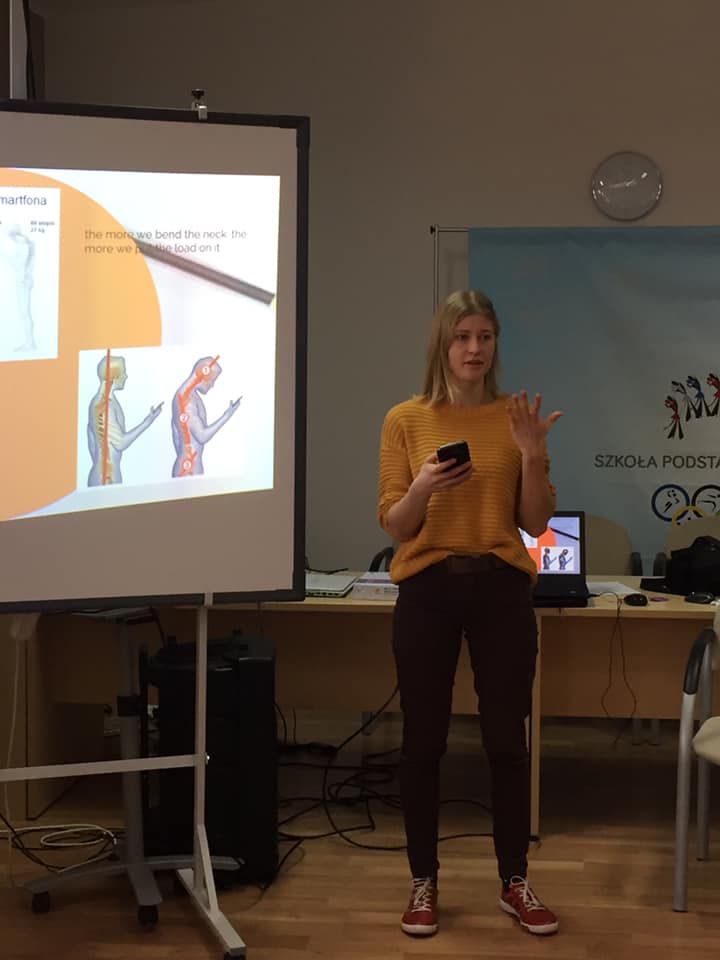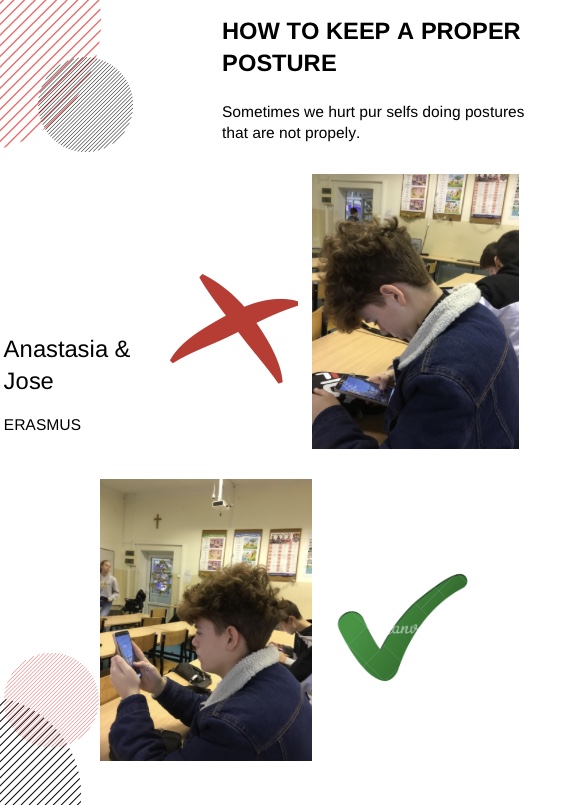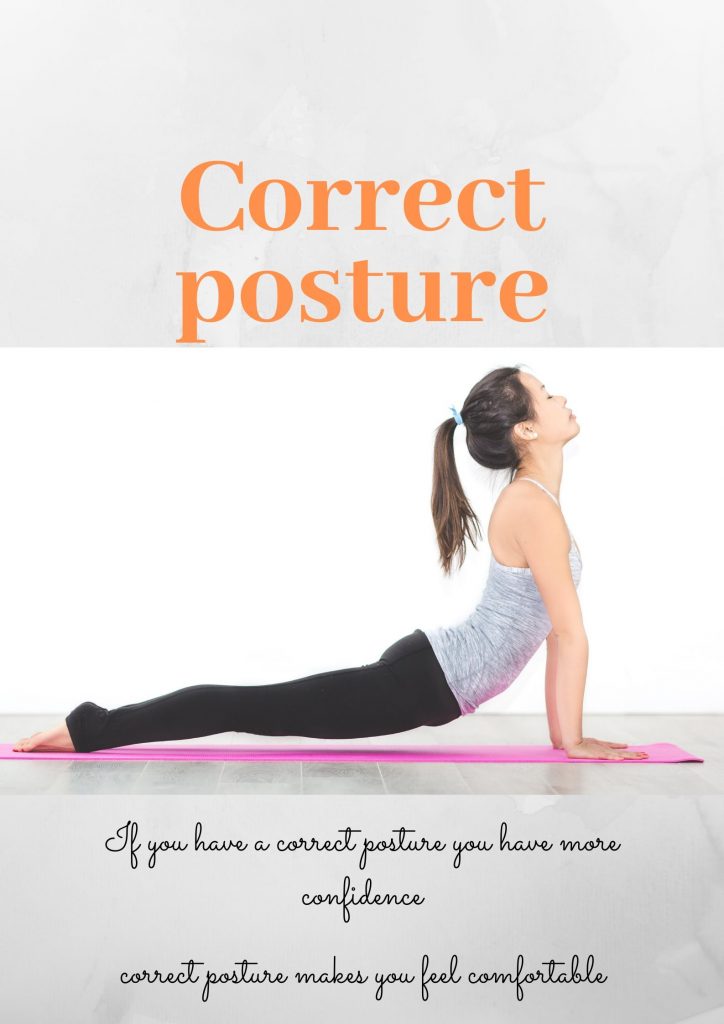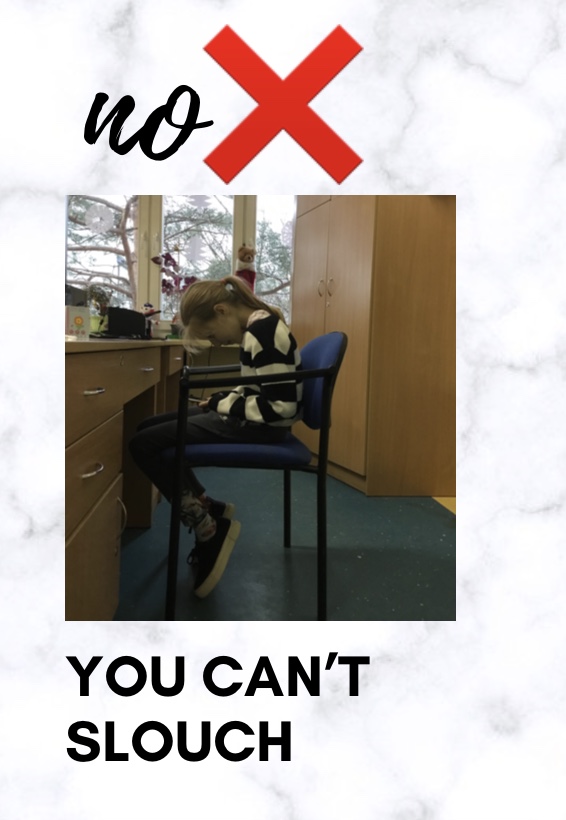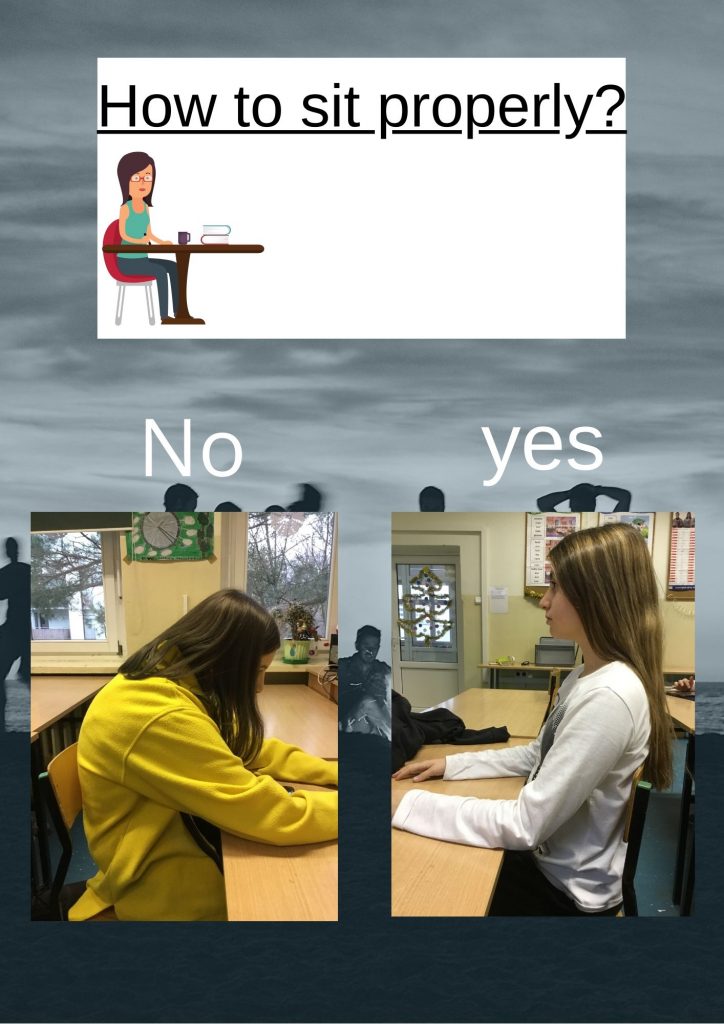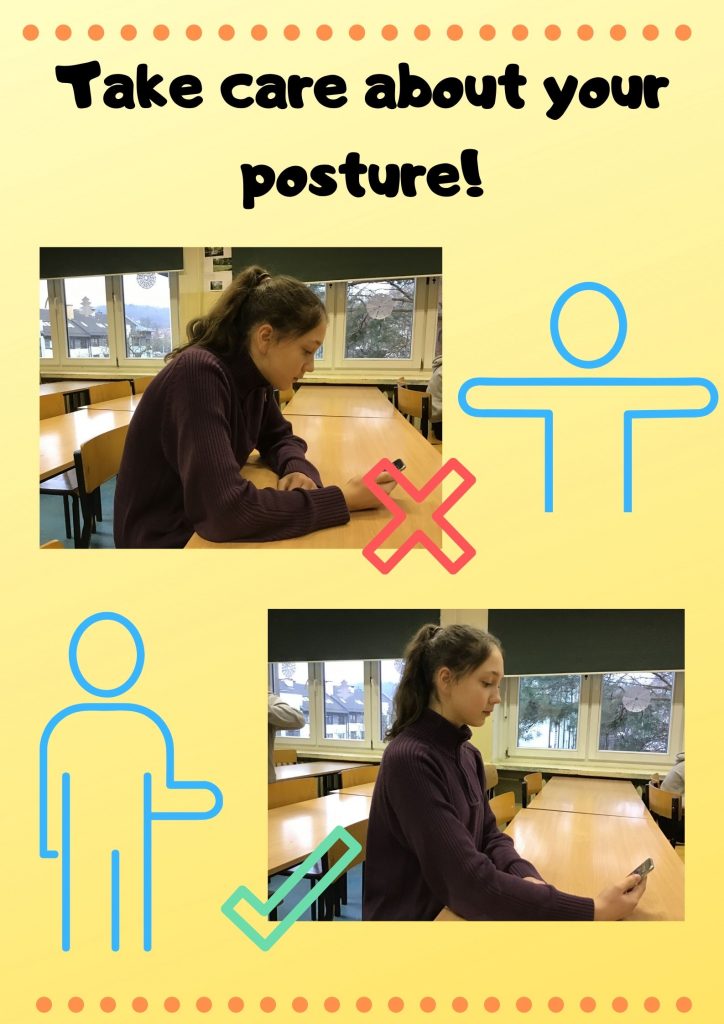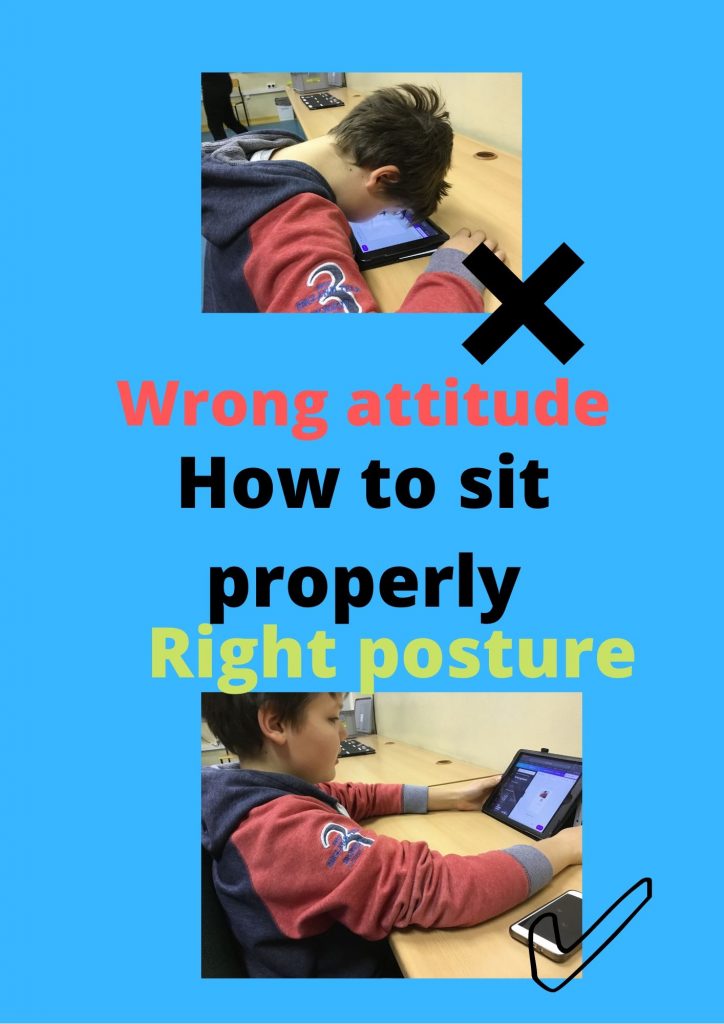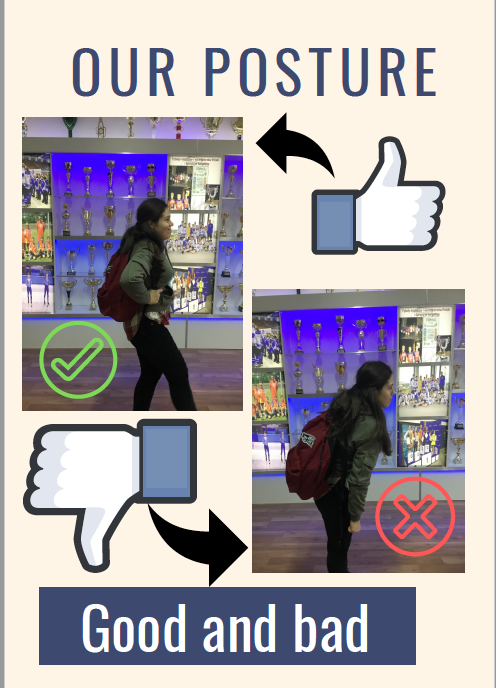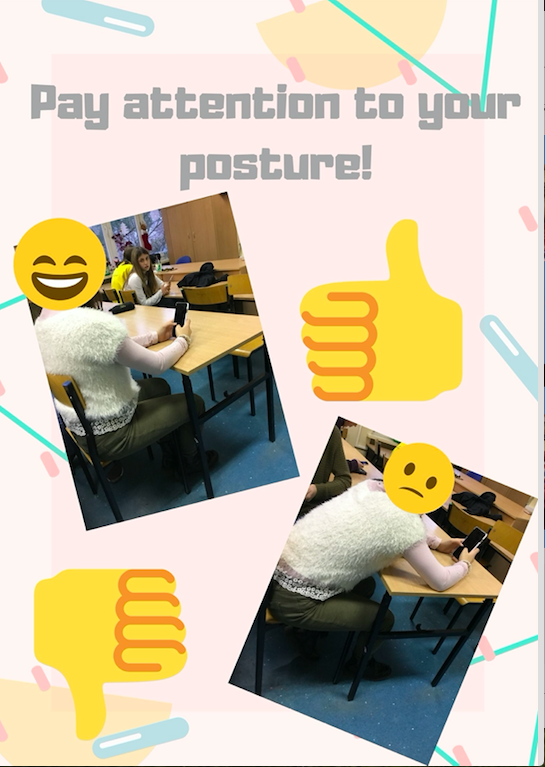
For people who practice sport on a daily basis, as they do in our school, motivation is the vital element which pushes them forward. It is a key factor which helps them to fulfill their potential. This time we invited a psychologist from Gdansk Universityof Physical Education and Sport, Dominika Wilczyńska, who conducted a lecture for parents of young sportsmen to help them understand the complexity of motivational techniques.
Parents were told how to help their children:
- Practice mindfulness
- Manage psychological pressure
- Set achievable long-term goals
- Find a sense in repeating mundane drills
- Overcome feelings of incompetence
- Come to terms with the failure
- Find and establish relation between their behavior and expected outcome
- Define challenges which will stretch them a little bit further than they have been stretched previously.
All the parents taking part in the workshops found the tips useful and convenient. They asked many practical questions about positive self-talk, the role of extrinsic prize in a process of shaping motivation and specific problems such asinjury, non-selection or amotivation.
